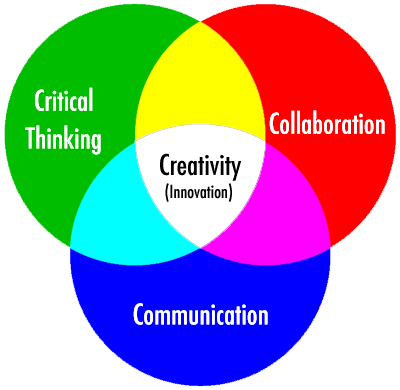
I just watched Monica Lewinsky's Ted Talk from March 2015. I guess I have arrived at an age that I have "lived" a lot of this history we are now teaching to our students or issues we are sharing with them and our own children.
Lewinsky actually makes a very strong connection between what she experienced with the "Blue Dress / cigar" scandal, the emergence of social media, and what we now call cyber bullying.
The talk itself is worth the 22 minutes; it's hard not to feel badly for her - she was only 22 years old while interning at the White House for President Clinton when the relationship took place. It's hard to blame a young, ambitious intern for being enamored by the President of the United States. Where this situation ended up = an abuse of his power.
I don't think many parents nor educators take cyber bullying as seriously as we should. I am not saying this to point the finger and say, "Shame on you." It's a world that keeps evolving and to stay on top of it is full-time work. Young people have access to more information than ever before; and if they are not guided correctly, all hell can break loose.
Weird that I watched this TED talk today, because just yesterday I was thinking about a situation from the 8th grade that I am not particularly proud of. There was a student in our class, I will call him James, who many people got mad at because he started dating somebody else's girlfriend. Gotta love 8th grade drama. The kid took a terrible beating - everybody berated him. Shortly after, our English Language Arts teacher (Mr. Ball) took us to the computer lab (Apple IIe's at the time) - he wanted to try something new. He had us start writing a story - any story; after a few minutes, we rotated to the computer next to us and picked up on our classmates story. This rotation took place several times. I remember getting to a computer where one person started writing their story with the opening sentence: "James is a fag." And then came my low point at 13 years old. I kept that story going. I wasn't strong enough or confident enough in myself to stop it. After the final rotation, we printed our stories and went back to class. Mr. Ball started reading the stories. He was fired up - they were good. But then he came to the story about James. Mr. Ball was absolutely disgusted - rightfully so. He threw the paper on the ground. The disappointment in his face was indescribable. I felt like crawling into a corner. To this day, I am still ashamed of myself. If I see "James" I will apologize - even if it is 32 years later. No excuse. I would NEVER want one of my own children or one of my students to engage in this type of behavior. I cyber-bullied James. His dating somebody else had absolutely nothing to do with me, but I went with the pack. What a tough lesson in life - a lesson that could have caused major problems for James. Somehow he never let it bother him and took the higher ground. Good for James. (Side note: James is now a wealthy and successful trial lawyer - good for him!)
I was a vice principal for six years and saw some of the most ridiculous cyber bullying and online "fighting." I did my best to educate students and parents about their digital footprint. Some students just didn't care. Many parents were mortified. Then came my turn. My oldest daughter, while still in high school, wanted a Facebook account. We agreed, but on the condition that we have her password. Shortly after, I logged into her account and saw that she engaged in a back-and-forth conversation with a boy where terrible profanity was being used. It was an eye opening moment for my ex-wife and I. Fortunately, my daughter understood and has since created a very positive digital footprint for herself.
We are all human and are all capable of terrible things. I am convinced of it. Adolf Hitler and Darth Vader were innocent children at one time in their lives. What went wrong? We must stand up and do the right thing - we need to continue to educate ourselves and our youth of the ramifications of misuse of technology and social media tools. I fear it will only get worse before it gets better.




